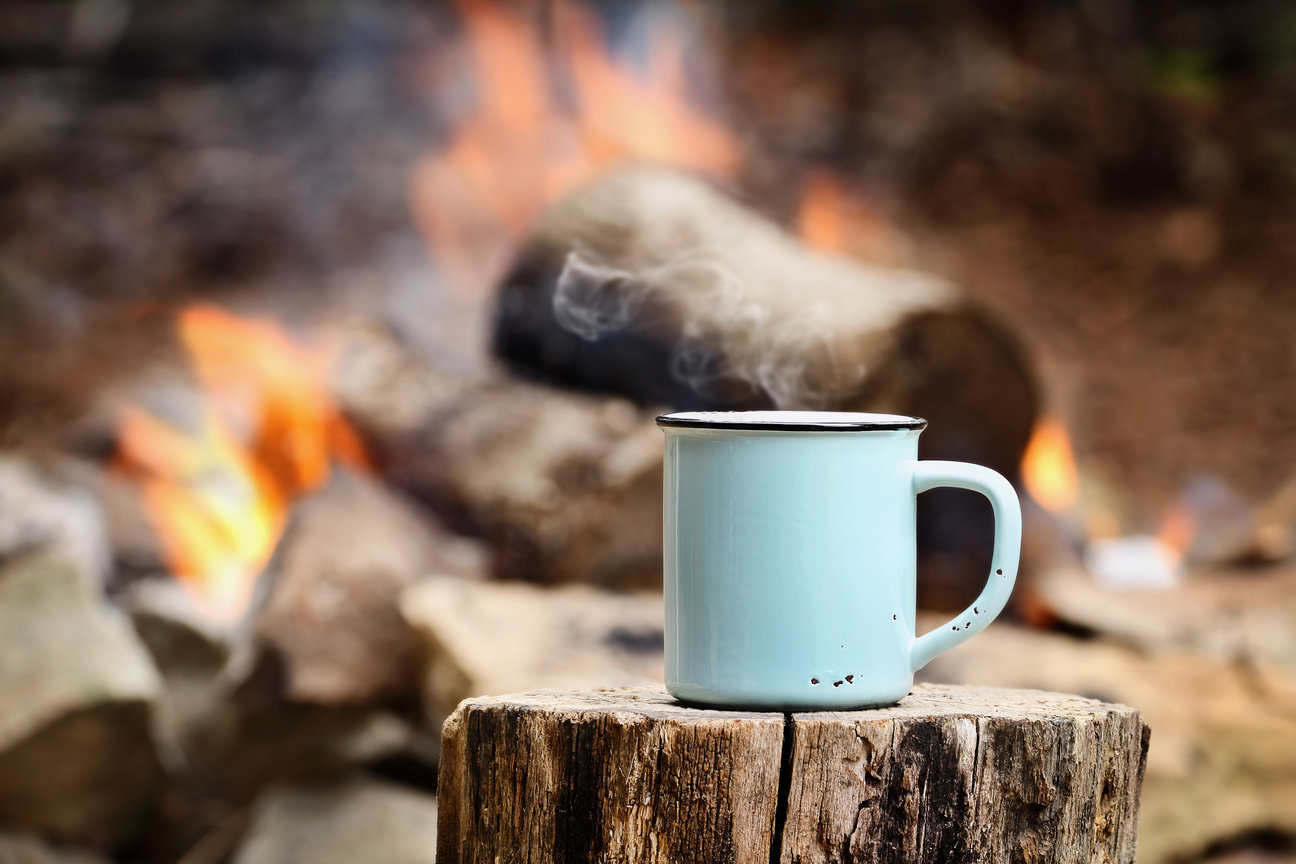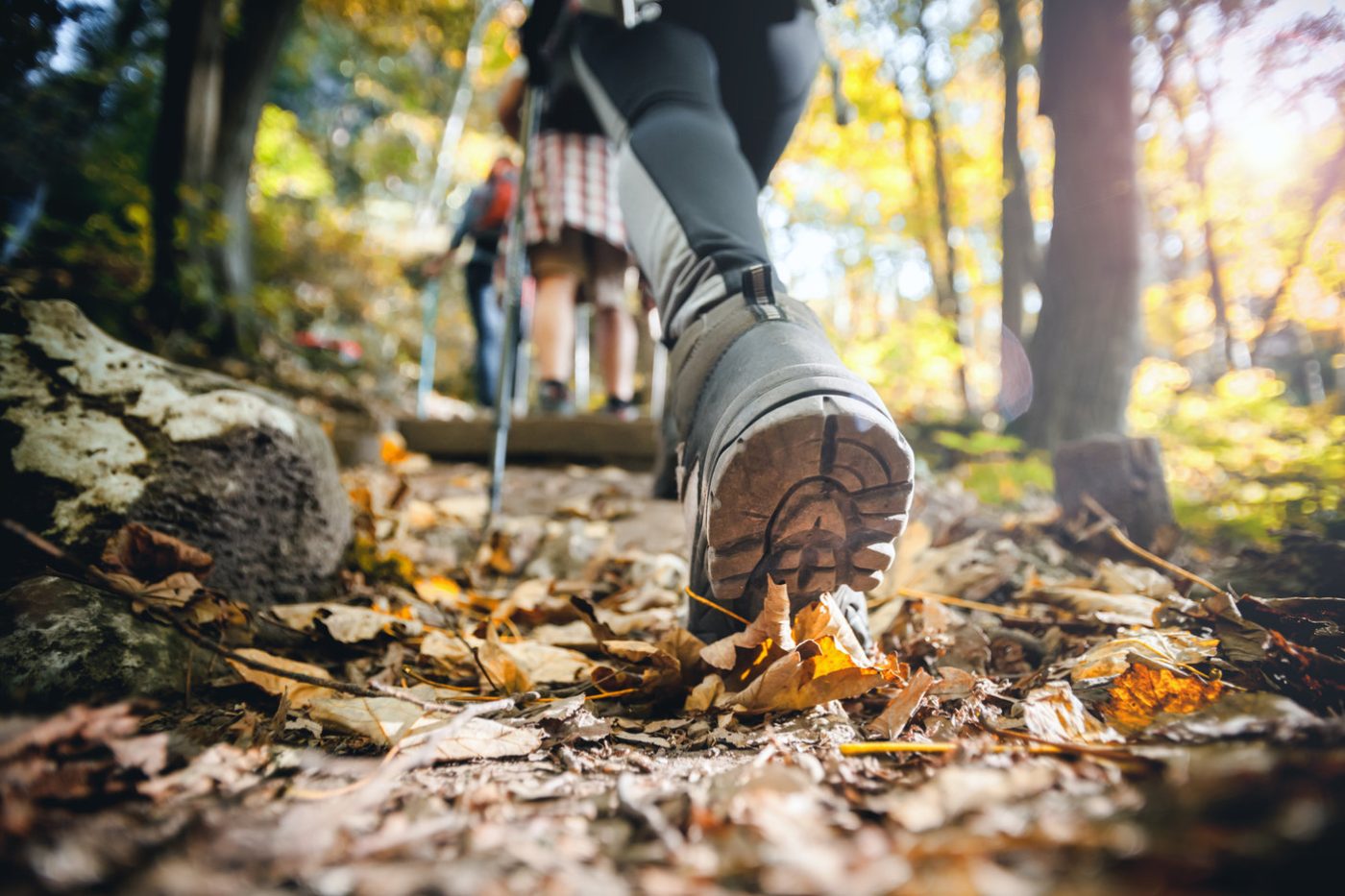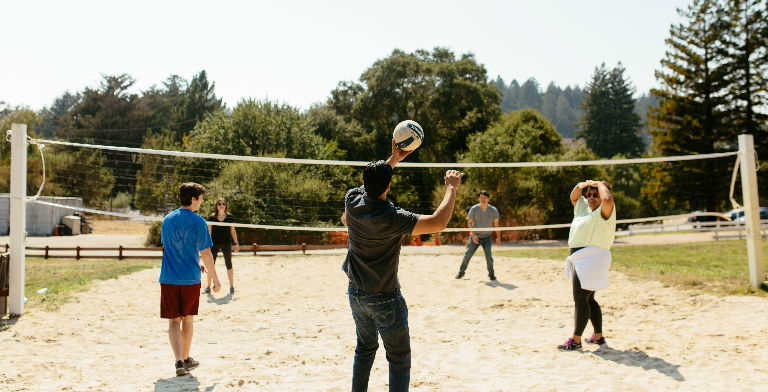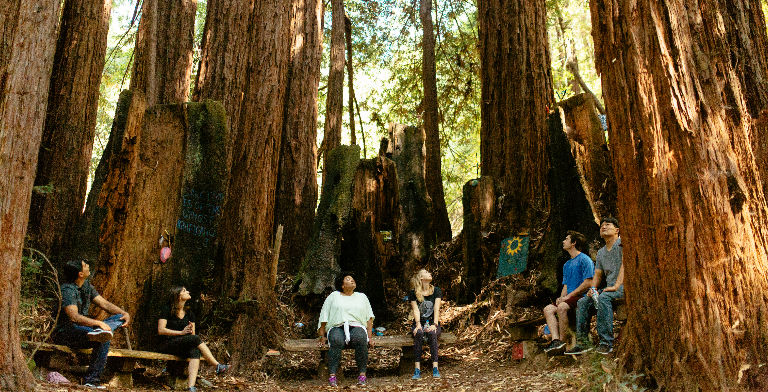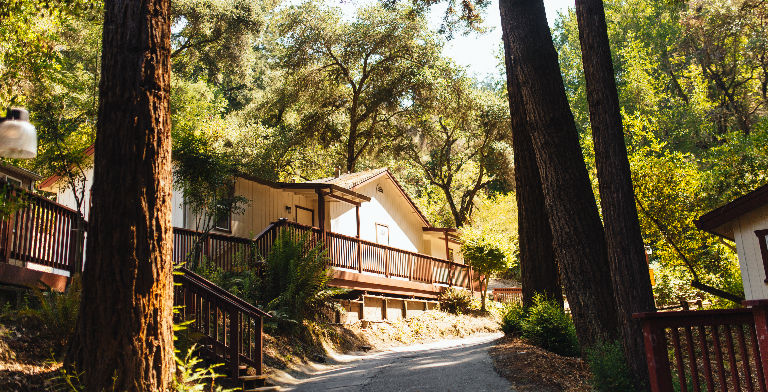The Camp Recovery Center helps adolescents & adults struggling with addiction & co-occurring depression find long-term recovery. Located near Scotts Valley & San Jose, CA, The Camp provides premier substance abuse rehabilitation & depression treatment.
Depression Treatment
Depression Treatment Near Santa Cruz & San Jose
Depressive disorders are potentially debilitating conditions that can greatly decrease a person’s quality of life. Depression can impair a person’s ability to maintain healthy relationships, perform to his or her potential in school, be productive at work, and otherwise participate in a healthy and satisfying life. When depression is accompanied by a substance use disorder, the impact can be significantly worse.
Depression is characterized by profound sadness, loss of motivation, hopelessness, helplessness, and despair. Unfortunately, many people who have depression attempt to self-medicate, or numb themselves to their emotional pain, by abusing alcohol or other drugs. This ill-advised behavior often leads to a self-destructive cycle wherein the substance abuse exacerbates the symptoms of depression, and the deepening depression prompts the afflicted individual to engage in further substance abuse. Without effective professional intervention at a rehab or treatment center, addiction and co-occurring depression can be a lethal combination.
At The Camp Recovery Center, we understand how difficult it can be to struggle with both addiction and depression. During our more than 30 years of service, we have developed specialized rehab to treat adolescents and adults who were dealing with this complex challenge.
Helping a Loved One
Helping a Loved One or Family Member Enter Depression Treatment
Having a loved one who has been afflicted with both addiction and depression can be painful and confusing. It should not be hopeless, though. If someone you care about has been demonstrating symptoms of depression and addiction, you can take meaningful actions that can have life-changing results. Please consider the following:
- Educate yourself about depression and addiction. Learn how they can impact a person’s life, both alone and when occurring in tandem. In order to be of true value to your loved one, you must get a sense of what he or she is experiencing.
- Learn about the types of rehab that have been effective for individuals who were dealing with depression and addiction.
- Research specific treatment centers that appear to be prepared to provide the type and level of care that your loved one needs.
- Have an open and honest discussion with your loved one. Express your concerns, demonstrate your compassion, and listen to what he or she has to say. Do not judge, accuse, or issue any ultimatums.
- Manage your expectations. Understand that your loved one is dealing with a complex challenge, and that several conversations may be called for before he or she agrees to enter rehab.
- If appropriate, share your concerns with other friends or family members. Do not attempt to care for your loved one on your own. Getting additional assistance is not a sign of weakness on your part. It is the best thing you can do for your loved one and for yourself.
- When your loved one enters a treatment center, consult with the program to find out what you can do to remain a positive presence in his or her life.
Finally, remember that treatment is just the first step in a long journey. Make sure your loved one knows that you intend to be a source of support every step of the way.
Why Consider Us?
Why Consider Depression Treatment at The Camp Recovery Center, Located Near San Jose & Santa Cruz, CA
Untreated depression can have a devastating impact on a person’s life, as can an untreated substance use disorder. When a person is confronted with both of these challenges at the same time, the potential for profound and irreversible damage is increased exponentially. People who are dealing with depression are likely to experience diminished physical stamina, impaired cognitive acuity, and disrupted emotional stability. In addition to inflicting this immediate damage, depression can cause people to believe that they are neither capable nor worthy of getting better. When a person is also engaging in substance abuse, this despair can be magnified, and the negative effects on the mind and body can be intensified. A person who is dealing with the combined negative impact of addiction and depression is at significant risk for academic failure, job loss, chronic unemployment, separation or divorce, legal problems, social isolation, and financial devastation. Professional treatment at a rehab center is important in taking the steps to build a better life.
Types of Treatment
Types of Depression Treatment Offered at The Camp Recovery Center
Since we first opened our doors in 1984, The Camp Recovery Center has remained steadfast in its dedication to offering superior treatment for adolescents, men, and women, who are dealing with chemical dependency and depression. We are situated on 25 serene acres amidst the towering redwoods of the Santa Cruz Mountains and supply a rehab experience that can only be described as life-changing. In addition to walking trails, tennis, volleyball, and basketball courts, and a swimming pool, our center features a wide range of therapeutic interventions that are proven to help people truly recover from depression and addiction. Our nationally accredited residential treatment center focuses on healing each resident’s mind, body, and spirit so that treatment goals are not only achieved, but exceeded.
As part of our comprehensive programming, we offer a specialty treatment track for individuals who are struggling with addiction and co-occurring disorders, including depression. Our staff of highly trained professionals, which includes nurses, addiction counselors, therapists, and drug rehabilitation professionals, works closely with residents to formulate individualized rehab plans for addiction and co-occurring depression. Rehab plans can include the following treatment methods:
Detoxification: Individuals who come to our treatment center with alcohol and/or other drugs in their system may require detox in order to partake in programming with a clear mindset. When this is the case, we utilize an offsite doctor to determine the most effective and appropriate detox protocol that will benefit each resident most.
Medication management: Residents who are dealing with depressive disorders may require the use of certain medications in order to alleviate their distressing symptoms. During the assessment phase of the admissions process, it will be preliminary determined if medication management services will be required as part of a resident’s rehab plan. Should such services be deemed necessary, residents will be able to meet with a psychiatrist once per week so that medications can be prescribed, monitored, or altered depending upon the resident’s unique medication needs.
Individual therapy: A great deal of progress can be made when an individual is able to process feelings, emotions, triumphs, and setbacks within the confines of a one-on-one therapeutic relationship. At The Camp Recovery Center, residents struggling with depression and addiction are able to meet with case managers twice each week in order to receive personalized attention that can ultimately further the healing and recovery processes.
Group therapy: Therapy held in a group format is an integral part of our center’s treatment for depression and addiction. Each resident will engage in process groups with case managers 5 days per week, along with other groups that are offered 7 days per week. The various topics that may be covered during these groups can include discussions on relapse prevention, 12-Step Recovery, SMART Recovery, and self-helping thinking. The following are among the specific groups that residents can partake in while receiving treatment with us:
- Activity Group
- Experiential Group
- CBT Groups
- Detox Groups
- Focus Groups
- Music / Poetry Groups
- Age Groups
- Men’s Group
- Women’s Group
Family therapy: Recognizing the value of including those closest to our residents in the addiction and co-occurring depression rehab process, we offer family therapy sessions twice a month. These sessions, which are led by marriage and family therapists, help our residents repair and rebuild relationships with their primary support networks. Family therapy takes place at our rehab center, which is convenient to the San Jose & Santa Cruz, CA areas.
Experiential therapy: Our rehab center includes various experiential therapies in order to provide a truly unique treatment experience. These therapies are offered weekly and can include the following:
- Acupuncture
- Meditation
- Yoga
- Various games
- Time set aside to use the gym
Community meetings: Community meetings occur every morning of every day of the week. These meetings, which are led by our residents, provide a forum for discussing the day’s agenda, talking about topics related to the residents as a group, and sharing insights about treatment. This facet of rehab is extremely important, as we believe meetings of this kind foster lasting sober relationships between residents that can be maintained long after they have left our treatment center.
In addition to the above treatment methods, residents also work hand-in-hand with our staff to formulate thorough discharge and aftercare plans to prepare them for when they have completed rehab with us. From the time a resident is admitted to The Camp Recovery Center, case managers collaborate with residents to determine if our intensive outpatient program (IOP) or another type of post-treatment care option will be needed after completing our residential treatment.
We will put forth every effort to ensure that our residents can remain successful in their recovery journeys. If you or a loved one is caught in the grips of an addiction while also battling depression or another mental illness, look no further than The Camp Recovery Center. The start to a healthy, happy, drug-free future can be found at our rehab center.








